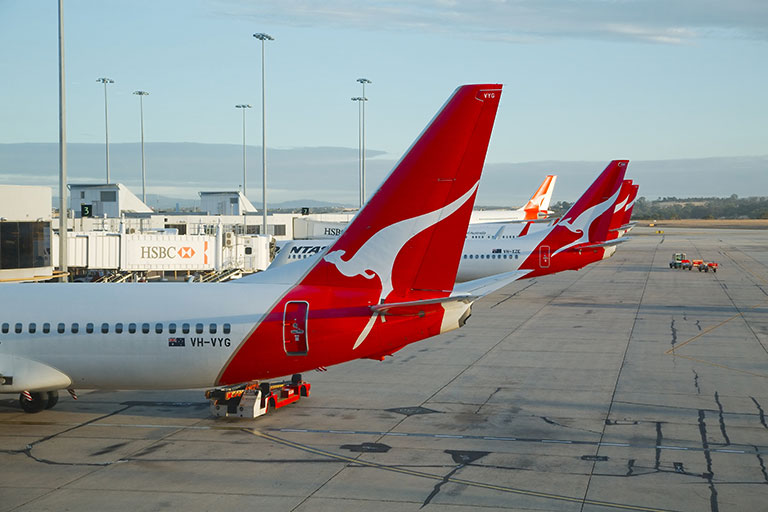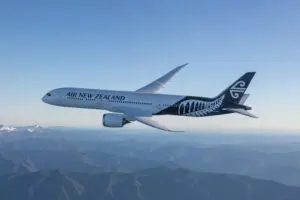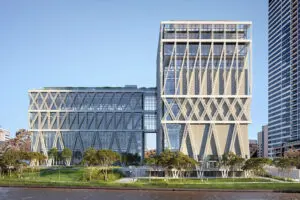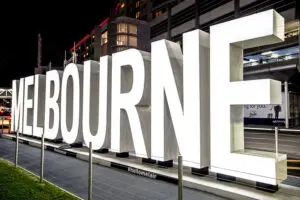The inquiry into price gouging and unfair pricing practices was commissioned by the Australian Council of Trade Unions (ACTU) and chaired by Professor Allan Fels, former chair of the Australian Competition and Consumer Commission (ACCC).
Within the report, figures show prices for international travel and accommodation have risen by 36.3 per cent between March 2021 and September 2023, second only to automotive fuel, which rose by 45.4 per cent.
In the 10 years to December 2019, international travel and accommodation rose by just 12.8 per cent.
In his foreword, Fels offers two definitions of price gouging.
“Traditionally, the term price gouging has referred to situations where sellers exploit a shortage of essential goods and services to raise prices to excessive levels,” he writes.
“However, in the public mind there is a wider meaning of the term: prices that significantly exceed levels that would occur if there was competition. Such prices substantially exceed costs of supply and a reasonable level of profit.”
The report unequivocally accuses Qantas of price gouging – “there is price gouging by Qantas” it says – but also suggests the Australian Government was “acting in the interests of Qantas” when it blocked the proposed move by Qatar Airways to increase its international seats into Australia in 2023.
The report suggests increases to Qantas fares between October and December 2022 may have contributed 25 per cent of the inflation jump in that quarter for the holiday travel and accommodation category, although price rises by Virgin “may have also contributed”. Although the purpose of travel for business events is different, conference delegates are purchasing airfares on the same flights as leisure travellers and group fares are likely to track upwards similarly to individual fares. Comments from event organisers to micenet since air travel resumed post-pandemic lockdowns also confirm a substantial rise in air travel costs for events.
Qantas has responded to the release of the report, addressing both fare increases and competition.
On the subject of fares, it said in its statement: “The temporary spike in fares post-COVID reflected reductions in capacity to improve operational resilience following the challenging restart of the industry once borders opened. These reductions coincided with a period of high demand and the imbalance pushed up fares across all airlines. At the same time, fuel prices increased by more than 60 per cent, driving fares higher again.”
Regarding competition both domestically and internationally, it posited: “Australia is one of the most liberalised aviation markets in the world. Unlike a lot of other jurisdictions, there are no restrictions on foreign carriers setting up domestic operations here.
“While the domestic market is concentrated, it is still highly competitive. There are now four large jet operators, with Regional Express expanding onto mainline routes and the entry of Bonza.”
However the ACCC said in a June 2023 statement that both Rex and Bonza “need to grow significantly to compete meaningfully with Qantas Group and Virgin Australia”.
The ACTU’s price gouging inquiry report said a third major domestic airline in Australia would significantly impact airfares, based on evidence from the 1990s, however, “currently, there appear to be a number of policies and practices that make substantial entry by a third player difficult”.
Recommendations for the aviation sector in the report include removing international and domestic restrictions on competition and regulating airport pricing in the same way as other utilities.




















